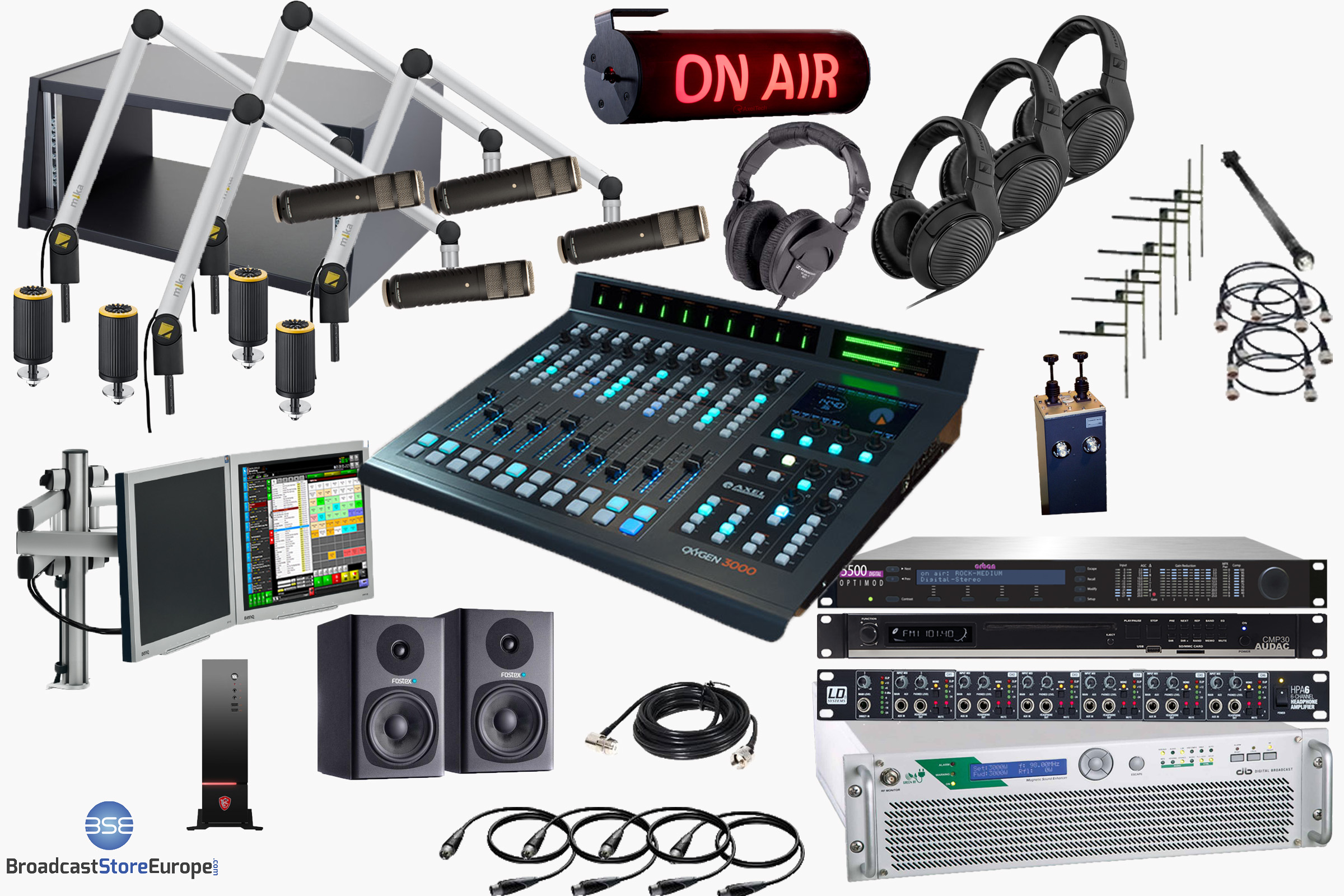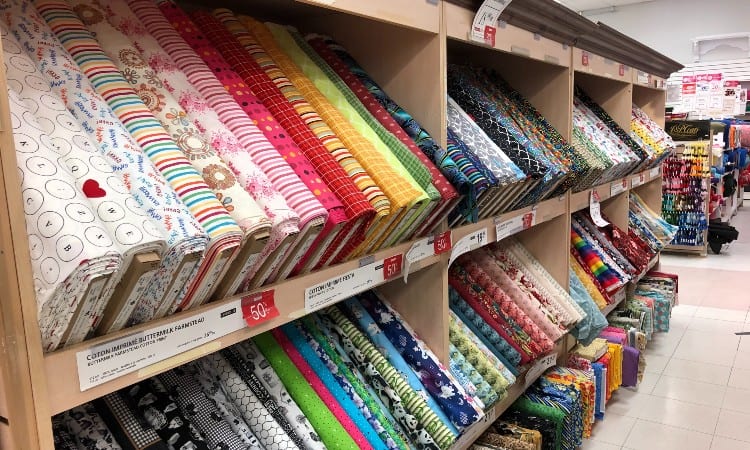7 Tips on How to Choose the Ideal Broadcasting Equipment for Your Company
7 Tips on How to Choose the Ideal Broadcasting Equipment for Your Company
The broadcasting industry has witnessed significant transformation over the last decade. These changes have been triggered by high-end technologies and artificial intelligence (AI) that is now being used for real-time streaming of videos. Moreover, the emergence of digital media has led to a whole new set of challenges for the broadcasting industry. These challenges include stress on bandwidth and storage, difficulties in monetizing content, and issues related to brand safety. In order to stay relevant in this dynamic environment, it is necessary for broadcasters to adopt newer technologies and techniques to suit changing market needs. To help your company thrive as an up-and-coming broadcaster, you need to equip yourself with the right broadcast equipment that will produce high-quality content at an affordable price point. Here are seven tips you need to know before buying broadcast equipment:
Be clear about your company’s objectives and goals
Before you buy any equipment, you need to be clear about your goals and objectives as a broadcaster. What is the purpose of your broadcast? What kind of industry do you want to be associated with? What kinds of products or services do you want to provide? The answers to these questions will help you determine the kind of equipment you need to buy. With this information, you will be able to make better investment decisions. For example, if you want to be associated with sports broadcasting, it makes no sense to invest in equipment for news broadcasting.
Diversify the type of broadcast equipment you buy
While you should focus on buying the right equipment to achieve your goals and objectives, you should not ignore other aspects like the size of your company and the amount you are willing to spend on equipment. If you are a small company, it would make no sense to invest in high-end equipment like robotic cameras. You would be better off buying a cheaper system that would allow you to scale up as your business grows. The same applies to big companies as well. If you already have a large setup, it is not a good idea to invest in a new, smaller broadcast system because it would be difficult to integrate it with your existing technology.
Check for certification before buying broadcasting equipment
Before investing in new equipment for your broadcasting studio, it is important to check for certification. This applies especially in the case of critical broadcasting equipment like cameras, microphones, and encoders. You need to check that the equipment is certified by an accredited lab, such as TIA, UL, or EN-ISO. This certification ensures that the equipment is safe to use and meets the quality standards set by the industry. If you want to be able to stream content in different languages, make sure to check for the relevant certification for that as well. For example, you need a TIA-526-5 certification for streaming in the Mandarin language.
Make sure you have a skilled workforce to operate the equipment
Before you buy any equipment, make sure that your workforce is skilled enough to operate it. It would be a big mistake to buy advanced equipment that your team members are not skilled enough to handle. A good example of this is robotic cameras, where a mistake in setting up could lead to a broken camera. It would be better to invest in cheaper equipment that does not have such sensitivity. Having said that, you should not completely overlook advanced equipment like robots because they offer plenty of benefits. For example, they can be programmed to do specific tasks and can operate for long hours without getting tired. They can also be controlled remotely, which saves your team members time.
Select only certified and well-known brands
Before investing in new broadcasting equipment, it makes sense to focus on buying only certified and well-known broadcasting systems and equipment. This is because companies that produce low quality products or do not have the necessary certifications would be unable to reach a wider audience, which would restrict your choice. Such companies also might not be able to provide after-sales service, which could create difficulties for your business. You should also factor in the costs of maintenance, repair, and service for the equipment. In some cases, it might make sense to invest in equipment that is expensive but can be easily maintained by your team members.
Commit to continuous learning and improvement
It is important to note that technology continues to evolve, which means you need to keep learning and investing in newer technologies. For example, you might have bought robotic cameras a few years ago, but now you might want to buy robotic cameras with a higher definition. Similarly, you might have bought a certain encoder a few years ago and now want to buy a newer version with more features. It is important to keep investing in new technologies in order to stay relevant in the broadcasting industry. It is also important to note that investment in new technologies is essential for your business. You can make the best use of your existing equipment only if you upgrade them from time to time. For example, it is not a good idea to use an old computer that has only one processor. You should choose a computer with multiple processors because it will enable you to perform operations faster.
Conclusion
The broadcasting industry is constantly evolving, which means companies in this industry need to keep upgrading their technology and equipment. With the above tips, you can be sure to select the ideal broadcasting equipment for your company.







LEAVE A COMMENT
You must be logged in to post a comment.